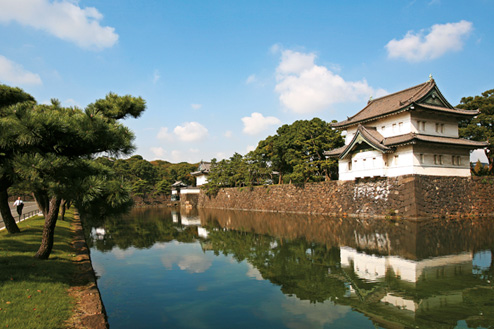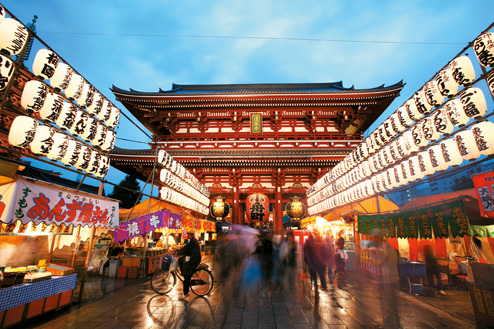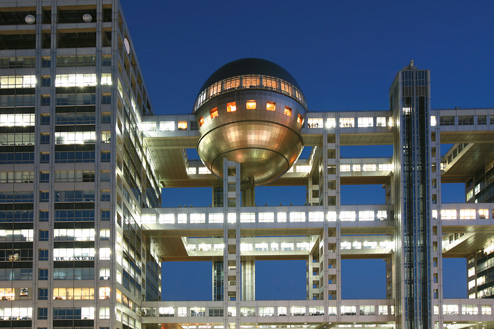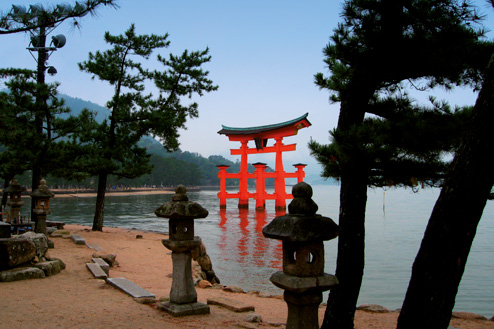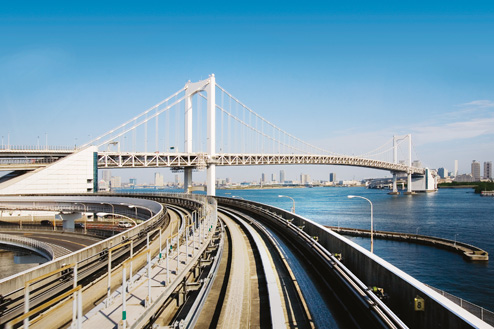Race Relations
Tokyo has not been scarred by ethnic, racial or religious strife, largely because the city is so overwhelmingly and uniformly Japanese. But immigrant communities do experience consistent discrimination. Chinese and Korean communities feel that they are routinely portrayed as criminals by the country’s media, and object to the attitude of Tokyo Mayor Shintaro Ishihara, who has described Asian immigrants in language considered derogatory. The origin of these tensions can be traced back to Japan’s occupation of both countries; with China and Korea feeling Tokyo has shown insufficient contrition over its colonial past. Foreigners from other countries are also likely to experience discrimination at times – some bars and restaurants don’t welcome foreign customers, though this may often be down to linguistic concerns. Long-term resident aliens also bemoan the impossibility of ever really fitting in – no matter how fluent your Japanese, you will always remain gaijin.
These anxieties were exacerbated in November 2007, when almost all foreigners, even registered residents, became subject to strict new immigration controls, including compulsory fingerprinting on entry. Concern over such issues is unlikely to be assuaged any time soon, which means the only answer is to accentuate the positive. The immigration controls are no tougher than those in the US, and resident foreigners get a dedicated line at the airport that can actually be quicker than that for nationals. Moreover, incomers can also benefit from reverse discrimination, often being seen as cool and sophisticated simply by virtue of their foreignness – a quirk that many learn to exploit.
These anxieties were exacerbated in November 2007, when almost all foreigners, even registered residents, became subject to strict new immigration controls, including compulsory fingerprinting on entry. Concern over such issues is unlikely to be assuaged any time soon, which means the only answer is to accentuate the positive. The immigration controls are no tougher than those in the US, and resident foreigners get a dedicated line at the airport that can actually be quicker than that for nationals. Moreover, incomers can also benefit from reverse discrimination, often being seen as cool and sophisticated simply by virtue of their foreignness – a quirk that many learn to exploit.

